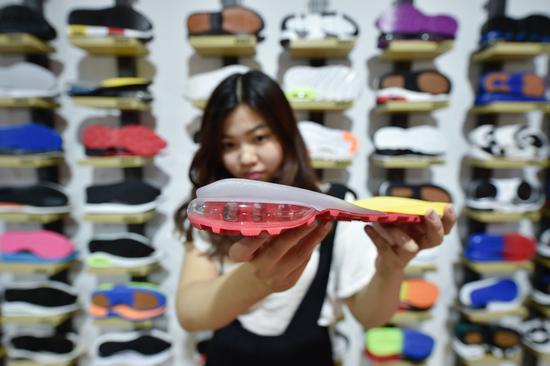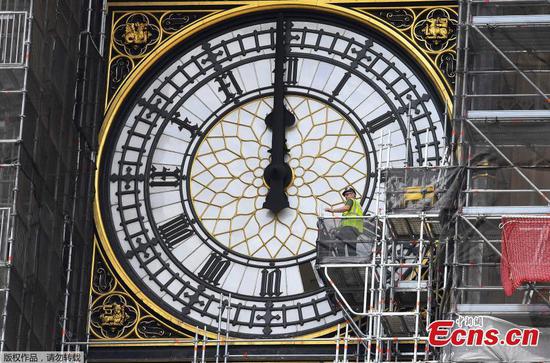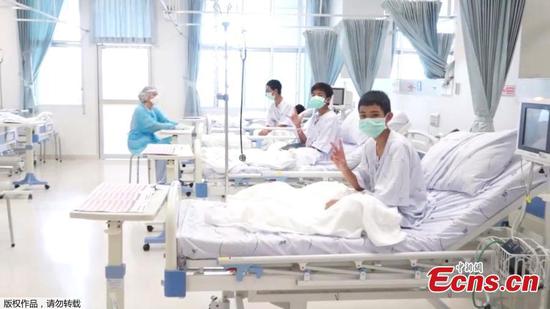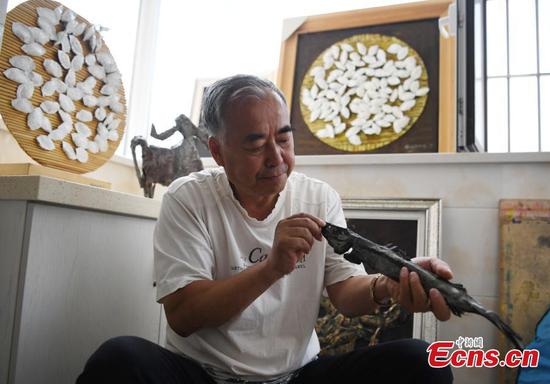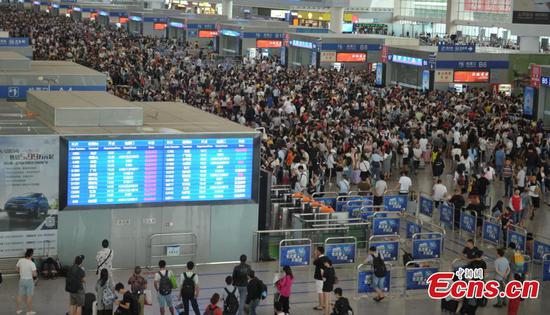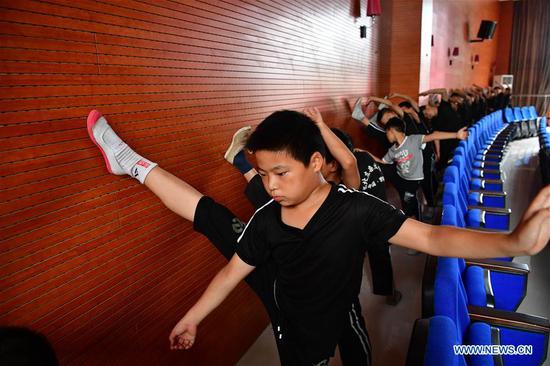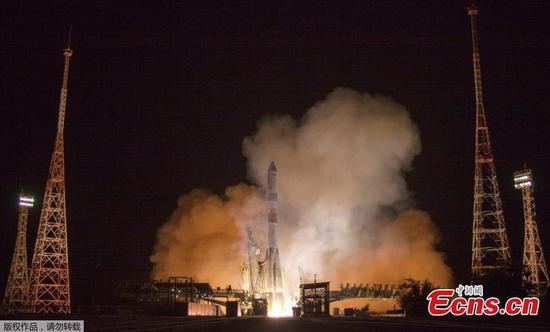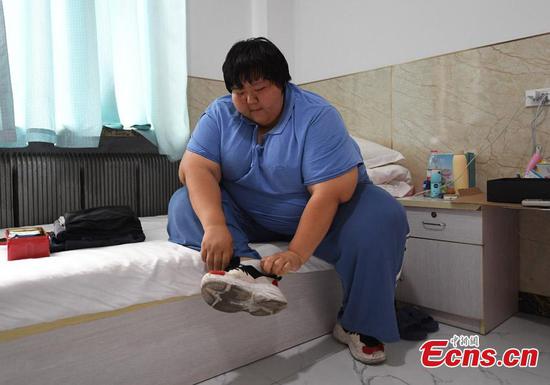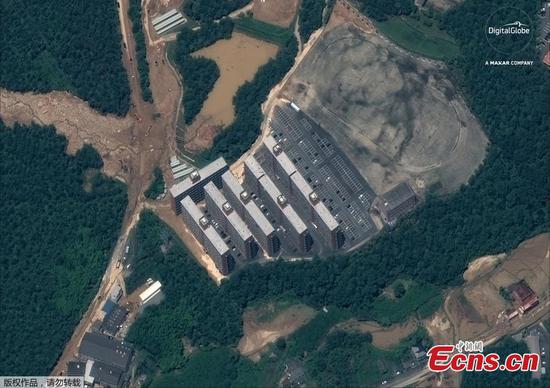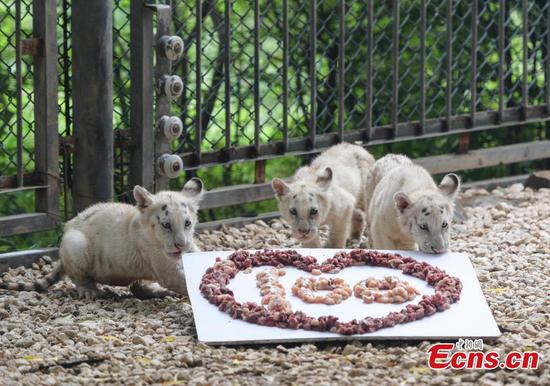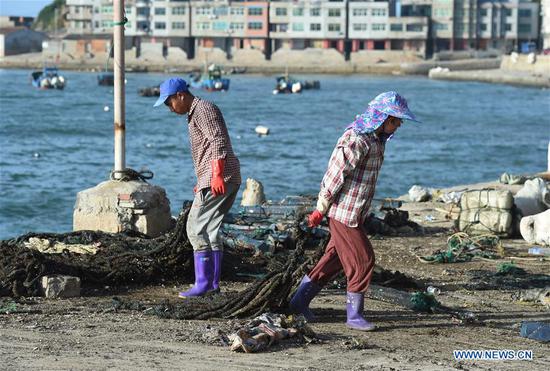South Korea's central bank on Thursday froze its benchmark interest rate at a near-record-low level on rising worry about the U.S. protectionist moves that would shrink global trade.
Bank of Korea (BOK) Governor Lee Ju-yeol and six other monetary policy board members kept the benchmark seven-day repurchase rate on hold at 1.50 percent.
It was in line with market expectations. According to a Korea Financial Investment Association (KFIA) survey of 100 fixed-income experts, 89 percent predicted the rate freeze.
The BOK refrained from altering its target rate since the bank lifted it to the current level from a record low of 1.25 percent in November last year.
The U.S. Federal Reserve raised its benchmark rate in June to a range of 1.75-2.00 percent, widening a gap between the policy rates of South Korea and the United States.
Despite the widened gap, the BOK froze its benchmark rate on growing concern about the U.S. protectionist moves that would hit hard the export-driven South Korean economy depending heavily on global trade for growth.
Amidst the U.S. protectionist moves, volatility in the South Korean foreign exchange market picked up. The standard deviation in the won/dollar exchange rate was 19.1 won per U.S. dollar in June, the highest since March 2016.
The standard deviation means how far away the daily market close deviates from the monthly average won/dollar exchange rate.
South Korea's exports, which account for about half of the economy, amounted to 14 billion U.S. dollars in the July 1-10 period, down 1.9 percent from the same period of last year.
Outbound shipments of South Korea topped 50 billion U.S. dollars for the fourth consecutive month through June, but the exports posted a negative growth in April and June except for the May expansion.
Recent economic indicators drew a gloomy picture for the South Korean economy. Retail sales, which reflect private consumption, kept falling for two months, and facility investment continued to reduce for three months in a row.
Labor market conditions continued to worsen, boosting worry about the prolonged slump in consumer spending.
The total number of those employed grew 142,000 in the January-June period, more than halving from an increase of 316,000 tallied in the same period of last year.
It was the lowest growth since the second half of 2009 when the global financial crisis hit hardest the labor market.
Employment in the manufacturing sector, which creates decent jobs, declined 91,000 in the second quarter from a year earlier, marking the first decline in four quarters.
Despite the bad economic data, pressure mounted on the BOK to raise its target rate as household debts continued to grow in the first half of this year.
Debts owed by households to all financial institutions, which include banks, insurers, savings banks and community cooperatives, increased 33.6 trillion won (30 billion U.S. dollars) in the January-June period.
It was down from a gain of 40.2 trillion won (35.9 billion U.S. dollars) in the same period of last year, but household debts kept a record-breaking trend amid the near-record-low borrowing costs.









